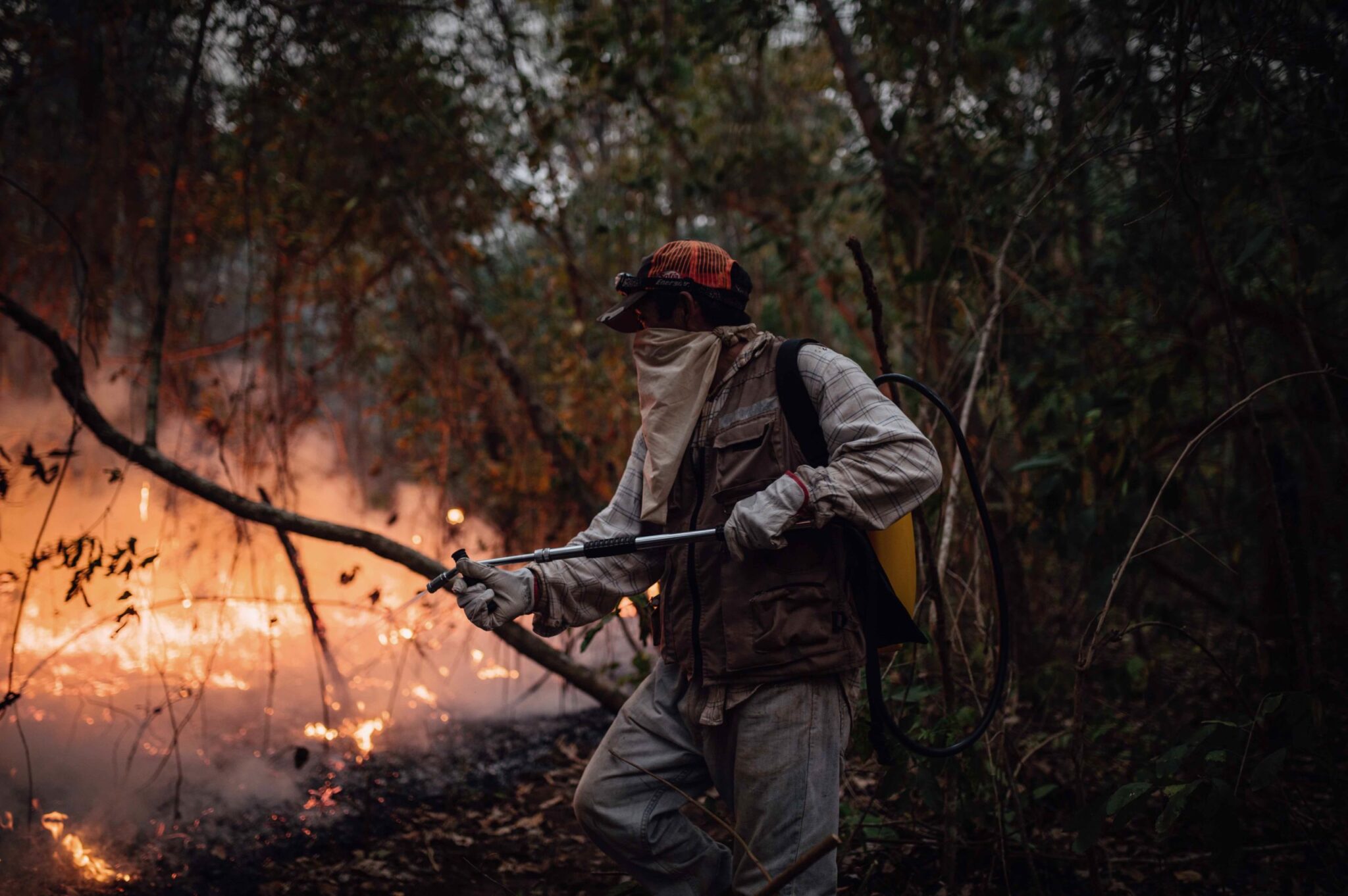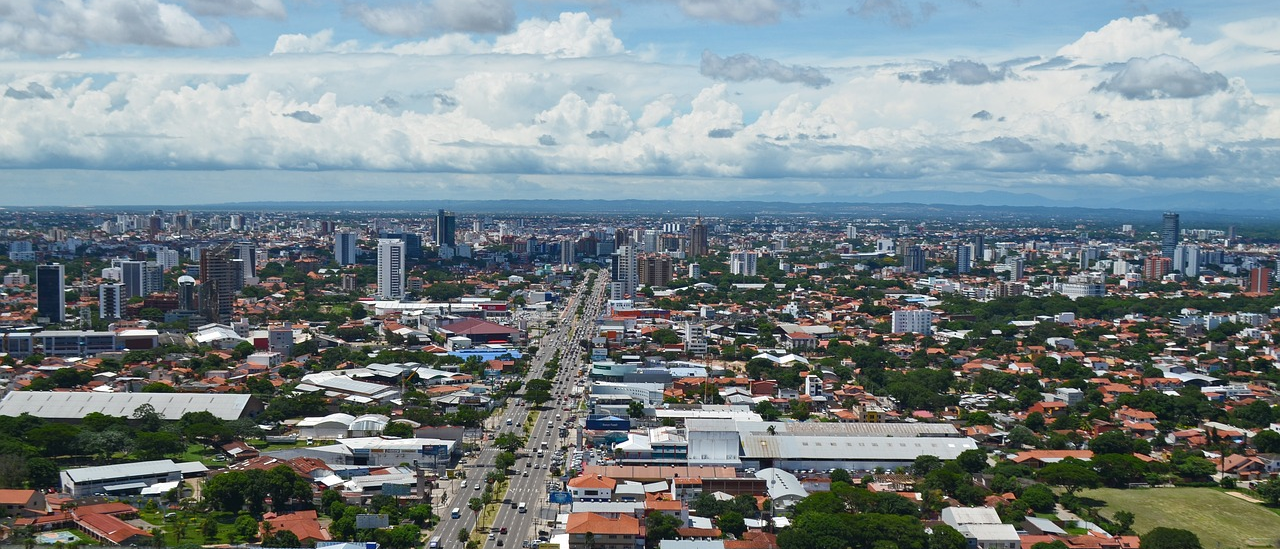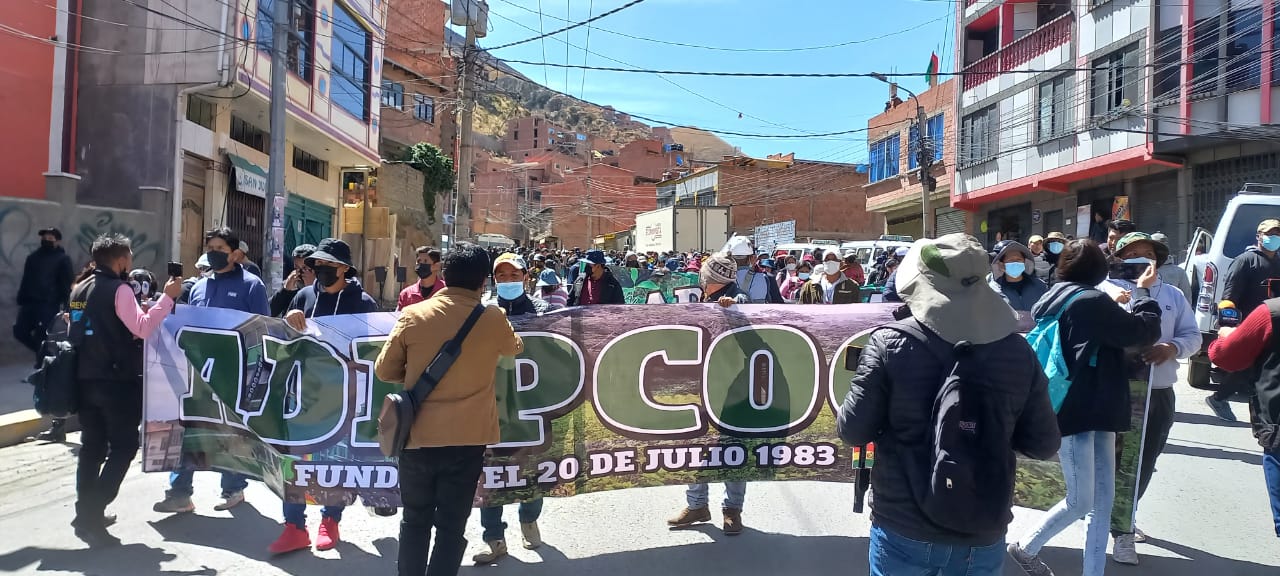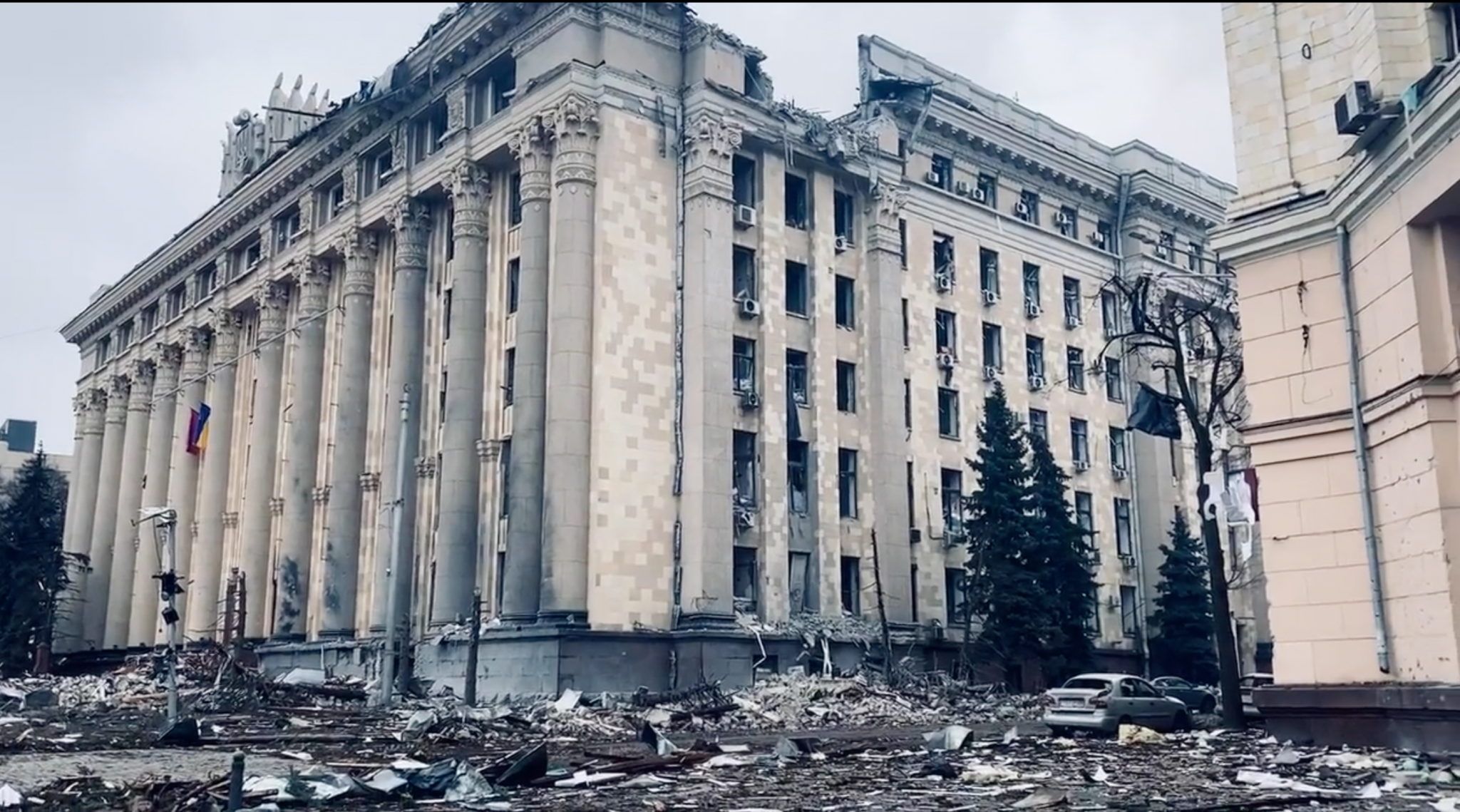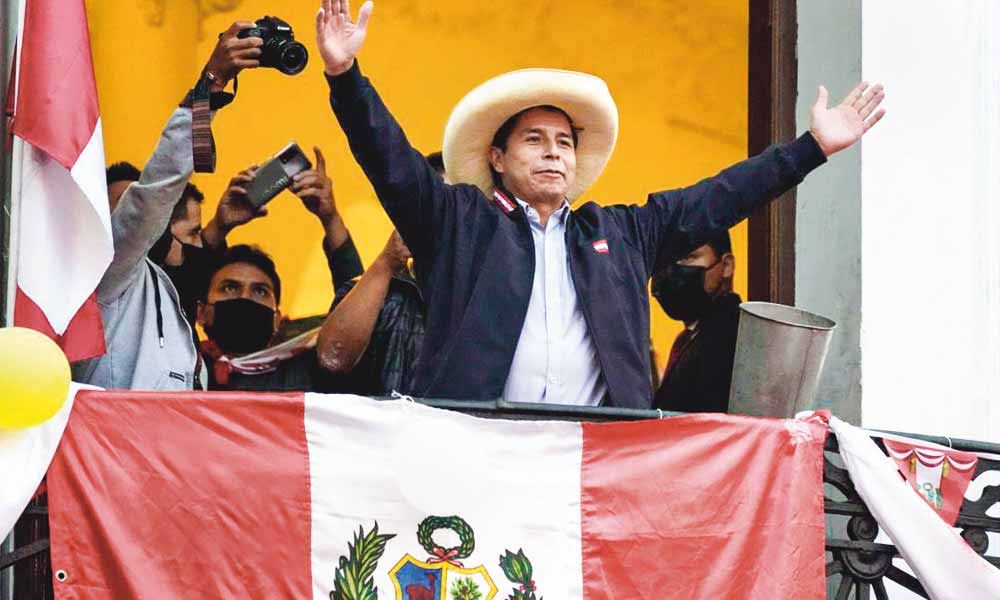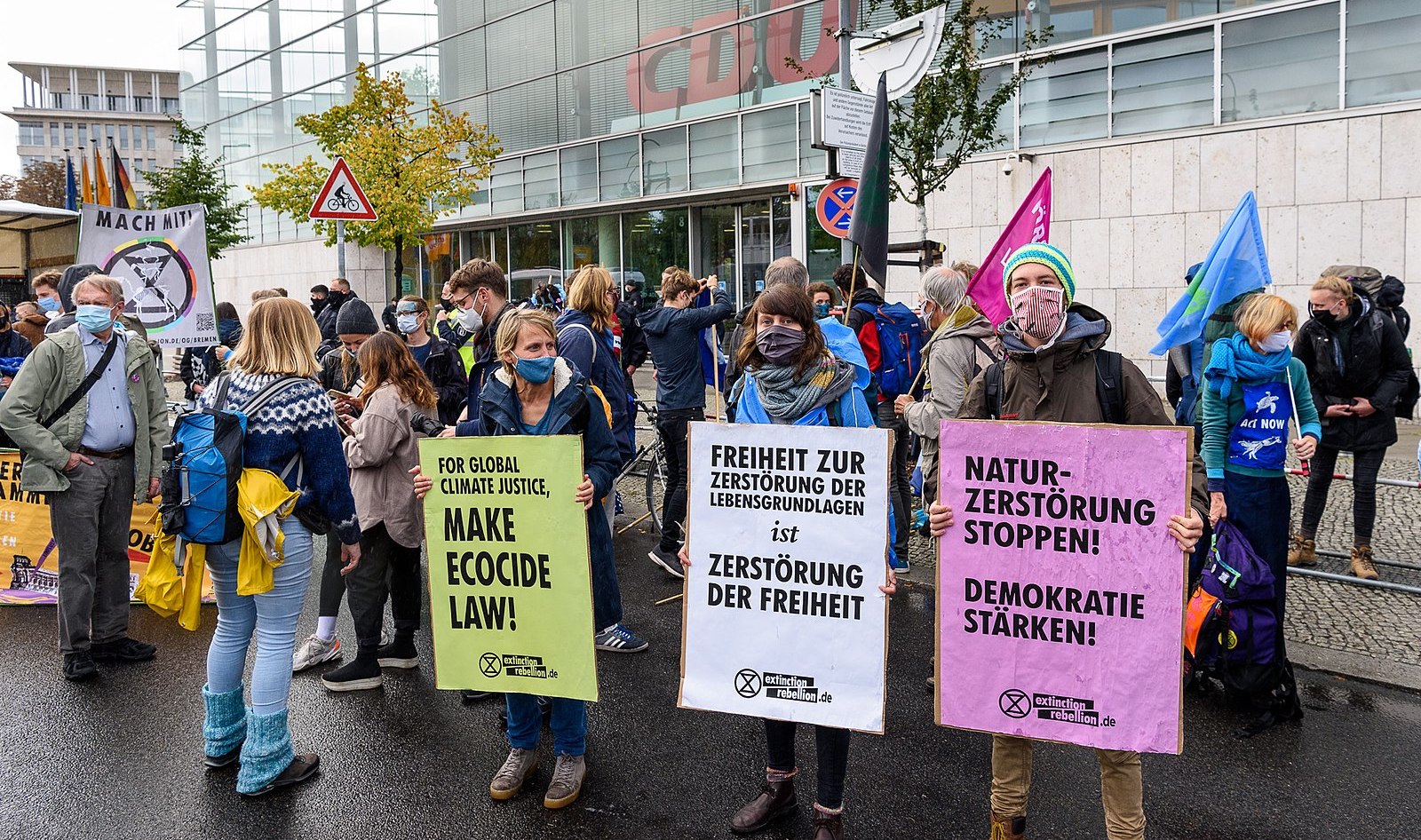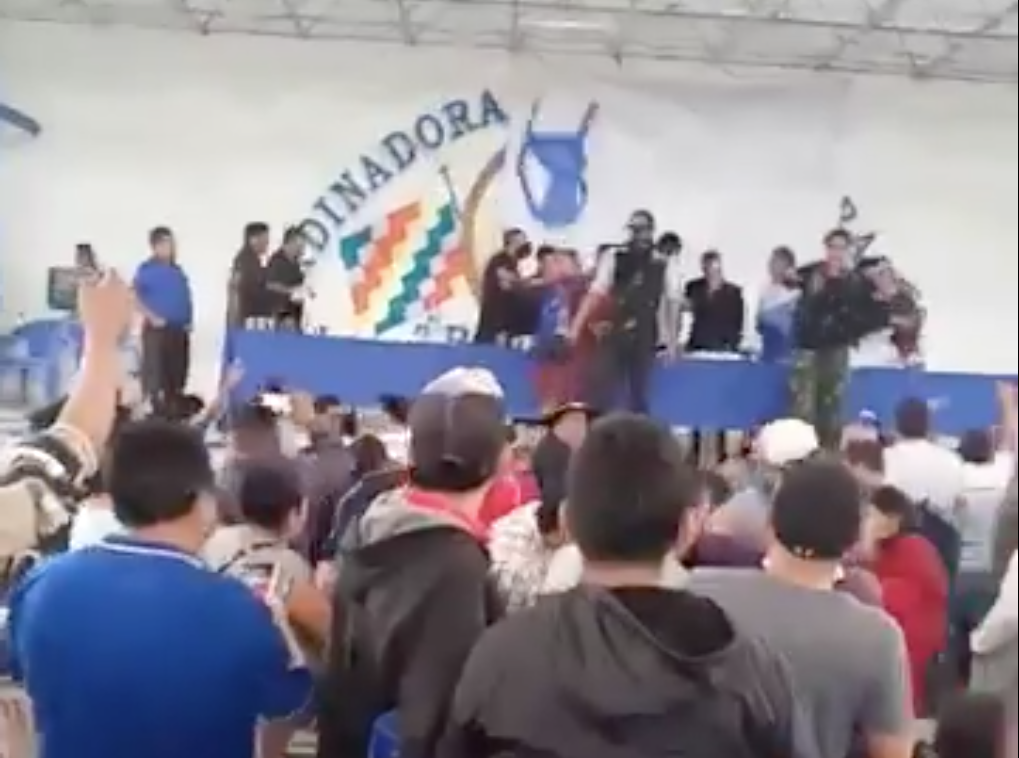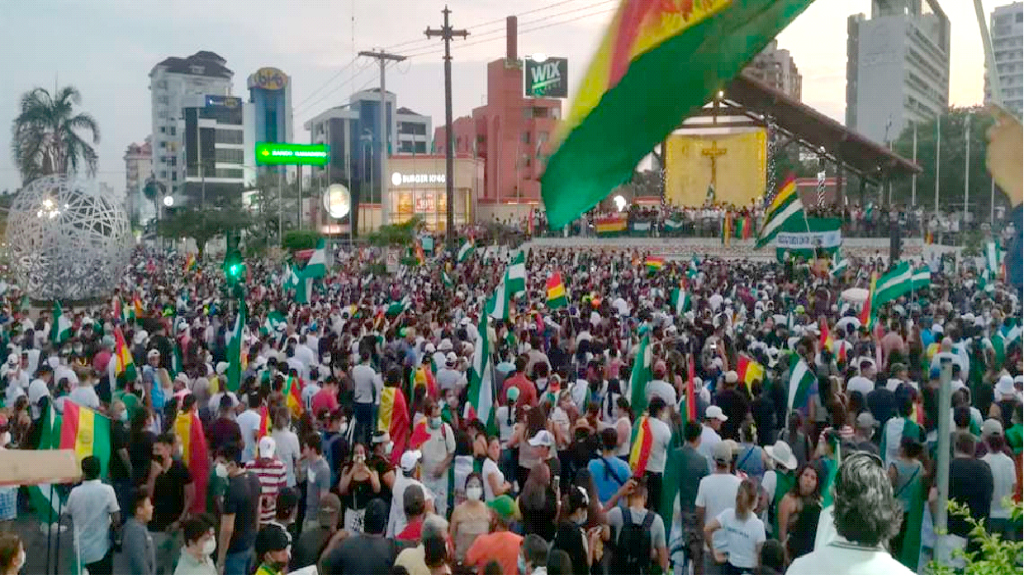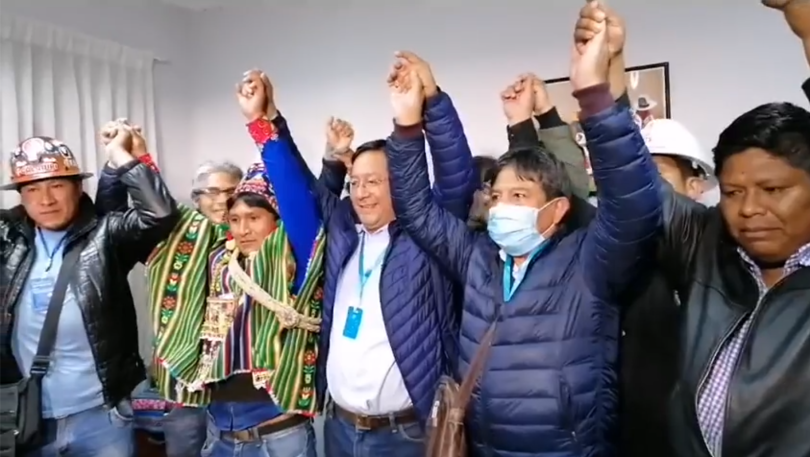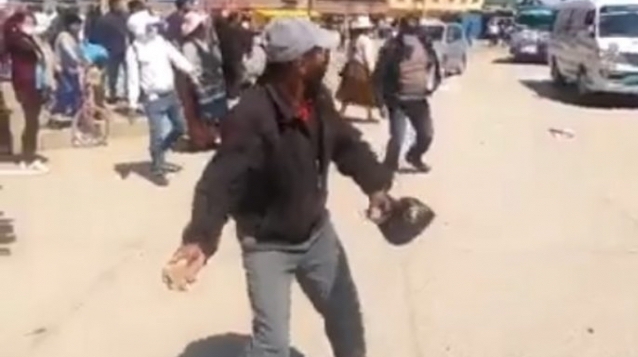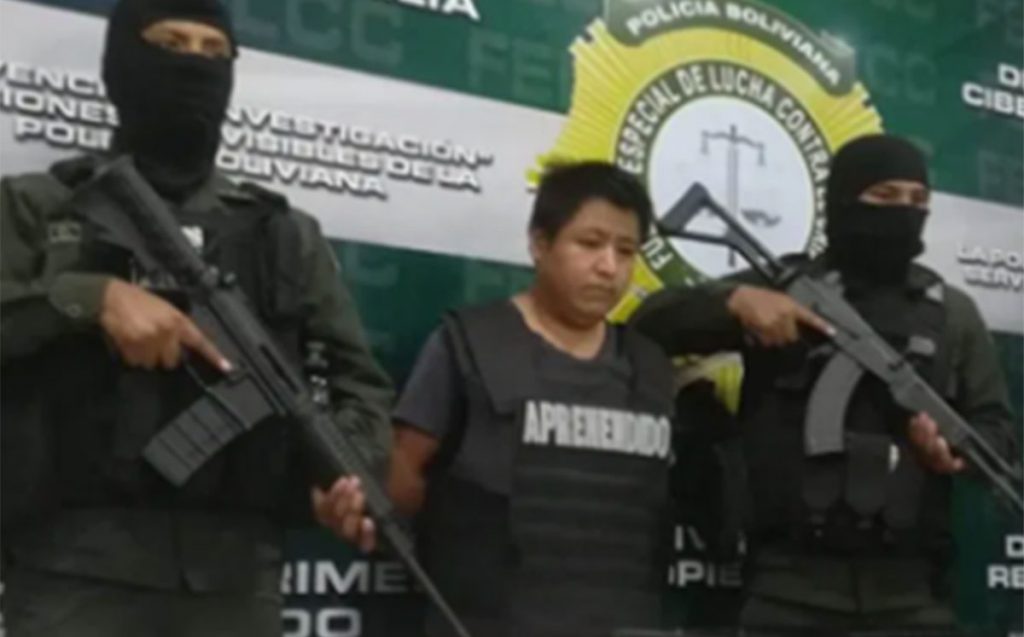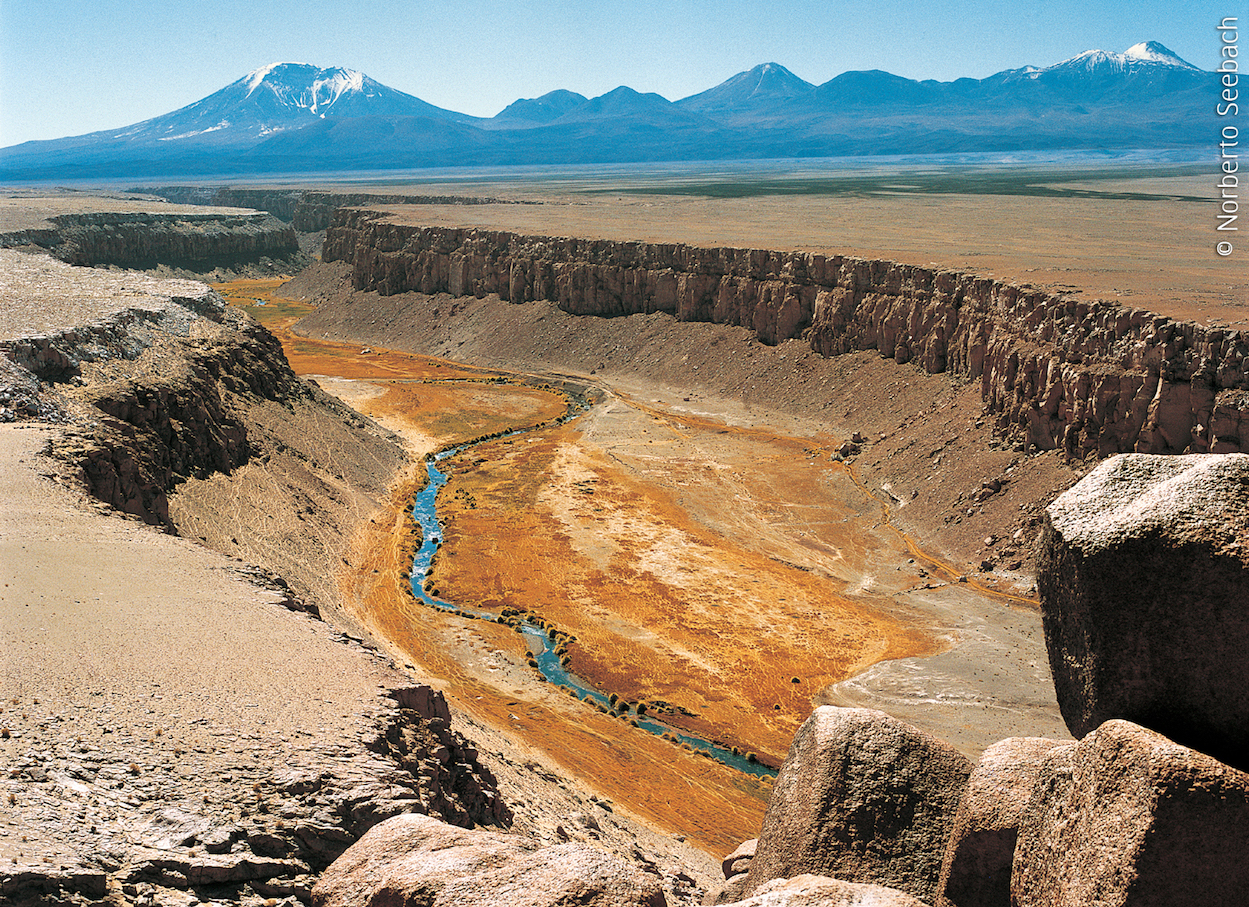
ICJ rules in Chile-Bolivia water dispute
The International Court of Justice (ICJ) delivered its judgment in a water dispute between Chile and Bolivia. The court found that the contested Río Silala is governed by international law, meaning that Bolivia cannot assert complete control over the waterway, and that Chile is entitled to the “equitable and reasonable use” of its waters. Bolivia asserted that Chile should not have rights to the river because the Silala’s waters only flow into Chile’s Río Loa through artificial channels. Chile, in turn, claimed the Silala is an international river and noted that the artificial channels at issue were built more than 100 years ago. The court urged that a “shared resource can only be protected through cooperation,” allowing both Chile and Bolivia to claim victory. The decision comes at a time when both Chile and Bolivia are experiencing severe drought. (Photo of Río Loa: Norberto Seebach via Aprendo en línea, Chile)



